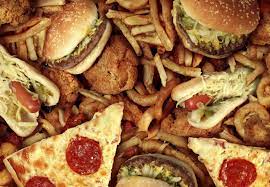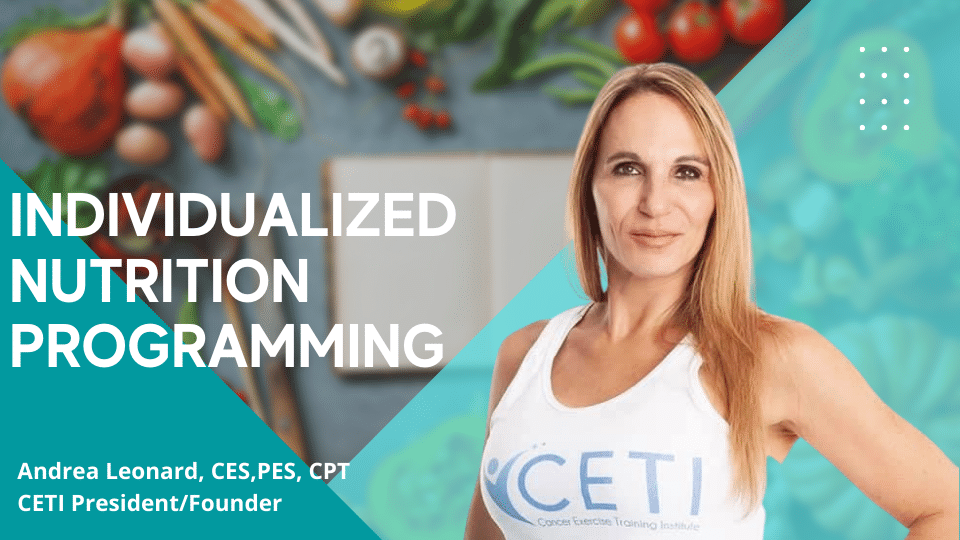How Does a Poor Diet Damage Mitochondira and Turn-on Cancer-promoting Oncogenes?

Mitochondrial Damage: Mitochondria are the energy-producing organelles within our cells. They generate adenosine triphosphate (ATP), which is the primary source of energy for cellular processes. A poor diet can lead to mitochondrial dysfunction through several mechanisms:
Oxidative Stress: A diet high in processed foods, sugars, and unhealthy fats can lead to an excess of free radicals and reactive oxygen species (ROS) in the body. These molecules can damage cellular components, including mitochondria, leading to oxidative stress.
Inflammation: A poor diet that is low in nutrients and high in pro-inflammatory components can trigger chronic inflammation. Inflammation can harm mitochondria and impair their function.
Mitochondrial DNA (mtDNA) Damage: Mitochondria have their own DNA (mtDNA). A poor diet can lead to mutations in mtDNA due to oxidative stress, which can compromise mitochondrial function.
Energy Imbalance: Excessive caloric intake, especially in the form of unhealthy foods, can disrupt the energy balance in cells. This can lead to mitochondrial dysfunction, as they struggle to meet the excessive energy demands.
Chronic Inflammation: Inflammation, as mentioned earlier, is associated with a poor diet. Chronic inflammation can create a microenvironment that is conducive to the activation of oncogenes.
Insulin Resistance: A diet high in refined carbohydrates and sugars can lead to insulin resistance. Insulin resistance is linked to increased insulin and insulin-like growth factor (IGF) levels, which can stimulate cell growth and potentially activate oncogenes.
Altered Hormone Levels: Certain components of a poor diet, such as high levels of estrogen in diets rich in animal products, can affect hormone levels. Hormones like estrogen can play a role in the development of some types of cancer.
DNA Damage: Some dietary factors, like those found in charred or grilled meats, can introduce mutagenic compounds. These compounds can damage DNA directly, potentially activating oncogenes or disrupting the regulation of cell growth.
It’s important to note that the relationship between diet and cancer is complex and influenced by various factors, including genetics and individual susceptibility. While diet can play a role in promoting cancer, it is just one piece of the puzzle. Maintaining a healthy diet that is rich in fruits, vegetables, whole grains, and lean proteins can help reduce the risk of mitochondrial damage and oncogene activation, thereby contributing to cancer prevention and overall cellular health.
DID YOU KNOW….. folate is required for DNA synthesis, cell formation, and regeneration. A lack of folate during DNA replication can increase the risk of mutations. Folate deficiency is strongly associated with an increased risk of breast cancer, as well as the promotion of cancer in general. We are unable to synthesize folate in our bodies, thereby relying on adequate amounts of folate in our diet. The best sources of folate are spinach, endive, bok choy, romaine lettuce, asparagus, mustard and turnip greens, goose and duck liver, and the herb epazote.

